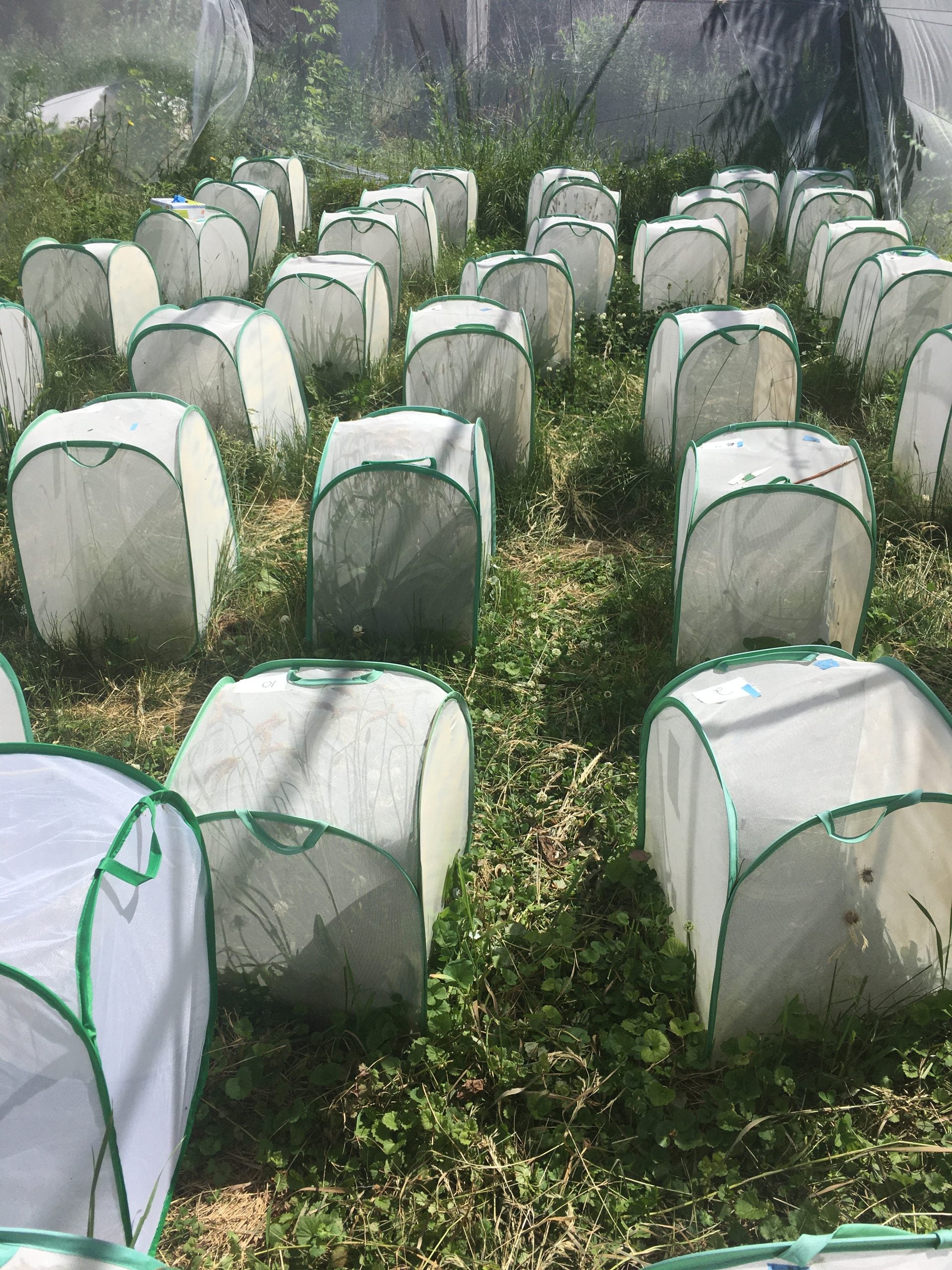Population ecologists spend their time counting plants and animals (and fungi and microbes) in nature, and also spend a lot of time using math and statistics to interpret what these counts mean.
We ask questions about whether a species will grow or decline in a particular area, especially in relation to variation in the environment, or the densities of other species. We also evaluate the consequences of changes in the timing of life cycle events like reproduction, and the mechanisms by which changes in the environment lead to changes in distribution and abundance.
Population ecologists usually work with one (or a few) species at one (or a few) sites. The generality of our work comes from finding single populations that represent general questions. This approach contrasts with landscape and community approaches in which the generality often comes from evaluating many species across a broad geographic area.
